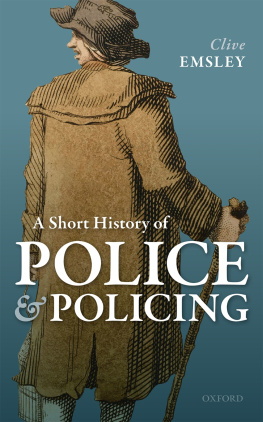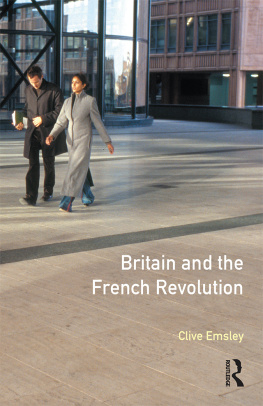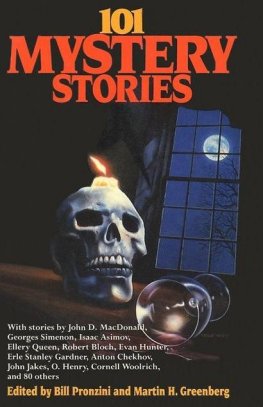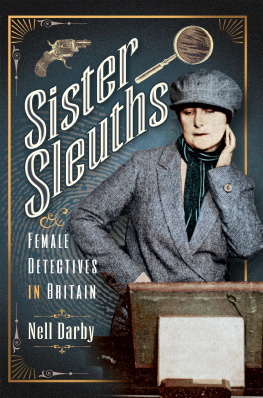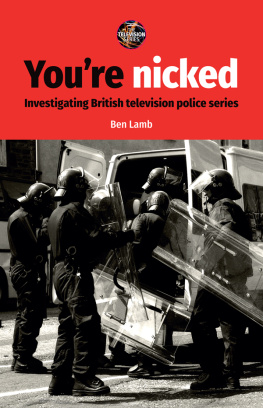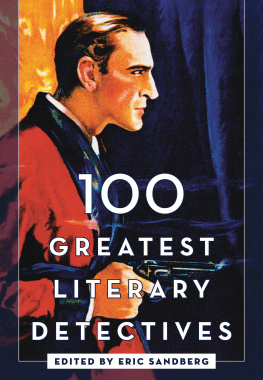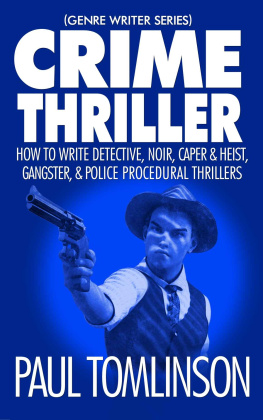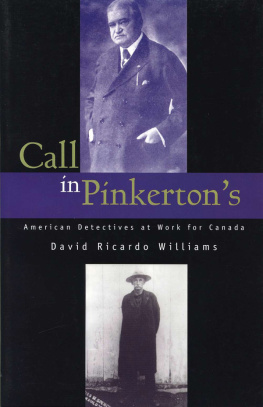POLICE DETECTIVES IN HISTORY, 1750-1950
Police Detectives in History, 1750-1950
Edited by
Clive Emsley
The Open University, UK
Haia Shpayer-Makov
University of Haifa, Israel
First published 2006 by Ashgate Publishing
Published 2017 by Routledge
2 Park Square, Milton Park, Abingdon, Oxon, OX14 4RN
711 Third Avenue, New York, NY 10017, USA
Routledge is an imprint of the Taylor & Francis Group, an informa business
Copyright The contributors 2006
Clive Emsley and Haia Shpayer-Makov have asserted their moral right under the Copyright, Designs and Patents Act, 1988, to be identified as the editors of this work.
All rights reserved. No part of this book may be reprinted or reproduced or utilised in any form or by any electronic, mechanical, or other means, now known or hereafter invented, including photocopying and recording, or in any information storage or retrieval system, without permission in writing from the publishers.
Notice:
Product or corporate names may be trademarks or registered trademarks, and are used only for identification and explanation without intent to infringe.
British Library Cataloguing in Publication Data
Police detectives in history, 1750-1950
1.DetectivesHistory 2.Criminal investigationHistory
I.Emsley, Clive II.Shpayer-Makov, Haia
363.2'52'09
Library of Congress Cataloging-in-Publication Data
Police detectives in history, 1750-1950 / edited by Clive Emsley and Haia Shpayer
Makov.
p. cm.
Includes bibliographical references and index.
ISBN 0-7546-3948-7 (alk. paper)
1. DetectivesHistory. 2. Criminal investigationHistory. I. Emsley, Clive. II.
Shpayer-Makov, Haia.
HV7903.P63 2005
363.25'09dc22
2005014116
ISBN 13: 978-0-7546-3948-0 (hbk)
Beattie, John M. Professor Emeritus at the University of Toronto, Canada.
Brown, Howard G. Professor of History, Binghamton University, New York, USA.
Drabble, John. Visiting Professor, International Area Studies Teaching Program, University of California, Berkeley, USA.
Dunstall, Graeme. Lecturer in History, University of Canterbury, New Zealand.
Emsley, Clive. Professor of History, The Open University, UK.
Finnane, Mark. Professor of History and Dean of Graduate Studies, Griffith University, Brisbane, Australia.
Johnson, Eric A. Professor of History, Central Michigan University, USA.
Morris, Robert M. Former senior officer in the Home Office, currently research scholar, The Open University, UK.
Shpayer-Makov, Haia. Associate Professor of History, University of Haifa, Israel.
Sinclair, Georgina, School of History, University of Leeds, UK,
Wilson, Dean. Lecturer in Criminal Justice and Criminology, School of Political and Social Inquiry, Monash University, Melbourne, Australia.
The Police Detective and Police History
Clive Emsley and Haia Shpayer-Makov
We learn that that mysterious body whose preterhuman sagacity and marvellous organization - the detective police [of London's Metropolitan Police] - actually consisted up to the middle of the year 1869, of 15 persons only, a number hardly sufficient to meet the constant demands made upon the force by Miss Braddon, Mr. Wilkie Collins, and others of the same school. The public, however, has gone on steadily believing, on the authority of novelists, in the wonderful organization of our secret police and the skill of its members - consoling itself for the impunity of the robber of real life by the speed and certainty with which the detective of fiction tracks out his imaginary criminals.
The last quarter of the twentieth century witnessed a number of social historians turning their attention to questions of police and policing. In part this work emerged out of the need to know better who were the individuals that patrolled the streets of the nineteenth-century's burgeoning industrial towns and cities acting out the role of 'domestic missionary' and empowered to discipline the new working class with batons and, if necessary, more lethal weaponry. This historical research, however, even when it has looked beyond the policing of urban areas, has concentrated almost entirely on uniformed patrol officers. The aim of this collection is to begin redressing the balance by focusing on another type of police officer, one who has remained largely outside the current wave of historical research, the police detective.
The detective has become a prominent figure, almost a cultural institution, in much of the western world. He, less commonly she, is a central figure in novels, film and television dramas. Books about 'grey-celled wizards' or hard-boiled sleuths go back, in the former instance at least, to the early nineteenth century. In the second half of the twentieth century about one quarter of the most popular television programmes in Britain and a fifth of the films have been crime stories that generally involve a detective of some sort. Similar stories make up about a quarter of all fictional works sold in Britain and America.served as police detectives in the first century and a half of professional, bureaucratic police forces and the development of the institutions in which they served that constitute the focus of the volume.
Defining the police detective runs mto the same problems as defining the police officer in general. In recent years it has been popular among some sociologists to see the right to deploy legitimate force in day-to-day dealings with the public as a key element that singles out the police officer from other agents of the state. But the definition is by no means universally accepted, and it is not a definition that can be employed easily when distinguishing the police detective. Such agents might be identified as those police officers whose task it is to obtain information and evidence about offences committed against the law, to detect and apprehend the offenders and to present evidence against them in court. Their relationship to the police institution has to be stressed since there are other public servants engaged in similar activities working, for example, for customs and excise, for drug enforcement agencies or for immigration authorities but who are not attached specifically to institutions commonly labelled as police. There are also private inquiry agents who usually serve private interests and do not, as a rule, engage in criminal law enforcement or investigation. It is sometimes the case, however, that police detectives move into this line of the work when they retire from the police; Eugne-Franois Vidocq, whose name will recur in the chapters that follow, has a claim to being father of both the police detective and the private detective in France. Occasionally, also, as is described below by John Drabble in his chapter on the FBI, states have been known to employ or to recruit private agents for various policing tasks. The tasks of police detectives might also overlap with those of individuals in other state institutions when it comes to the political surveillance of enemies of the state (or those who were conceived as such) and guarding members of the state's elite. In sum, the police detective is best considered, loosely, as an agent charged with a particular set of tasks within the police institution.


